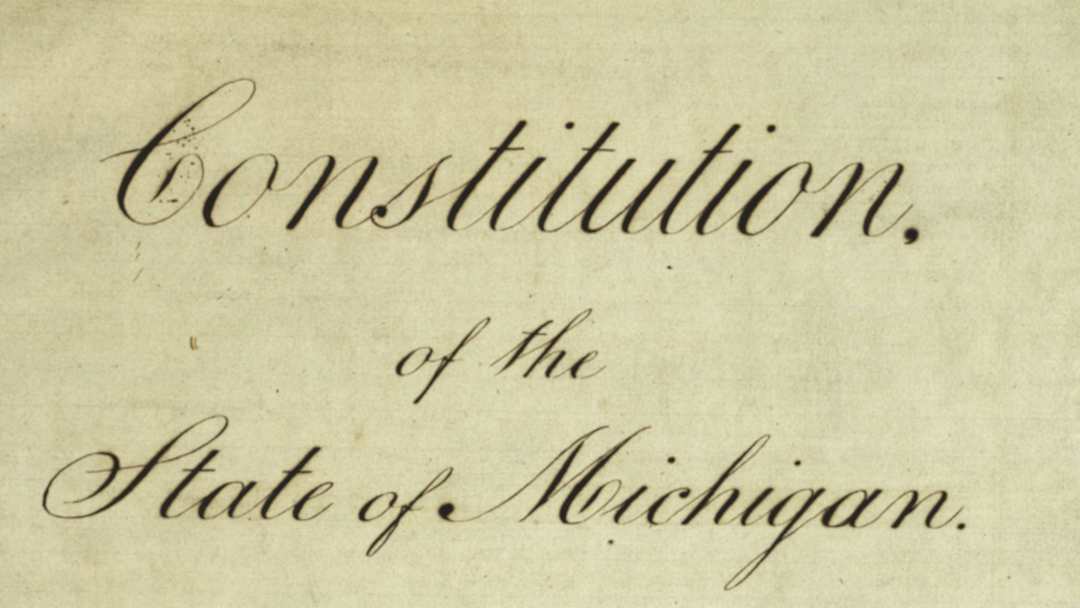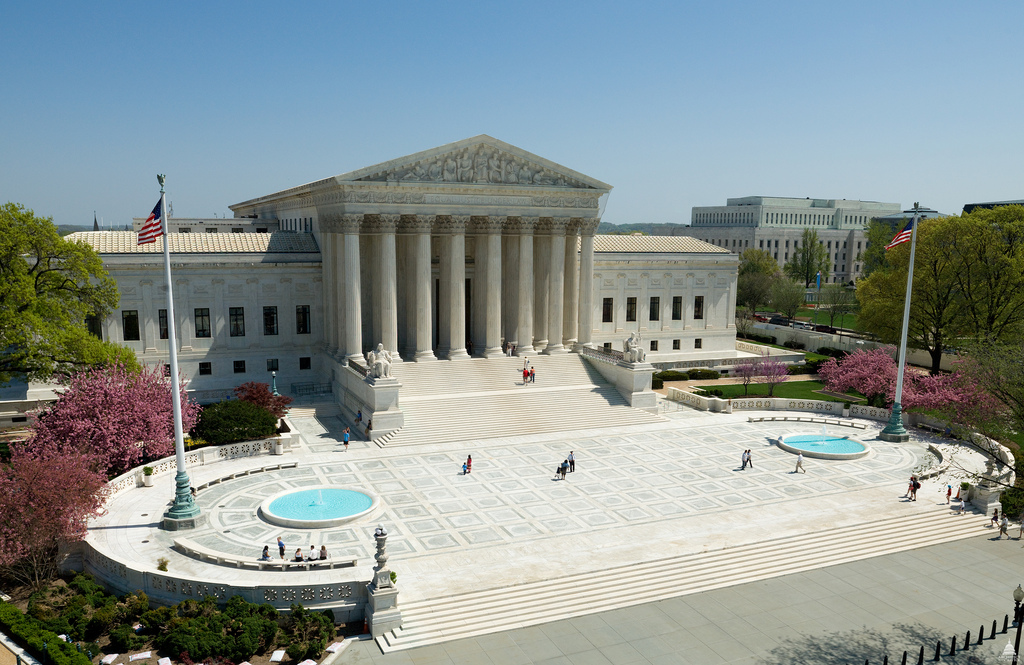Citizen-initiated proposals aimed at increasing the minimum wage and expanding paid sick leave
In a significant ruling, the Michigan Supreme Court has reinstated the original minimum wage and paid sick leave laws that were initially gutted by the legislature in 2018. This decision reverses the amendments made by the legislature, which had adopted and then quickly weakened the voter-initiated proposals, effectively bypassing the intent of the voters.
Background
In 2018, two citizen-initiated proposals aimed at increasing the minimum wage and expanding paid sick leave were presented.
The Michigan Legislature adopted these initiatives to prevent them from going to a public vote, then promptly amended them to make them more business-friendly. This “adopt and amend” strategy reduced the scope and impact of the original proposals.
For example, the minimum wage was set to increase more gradually, and the paid sick leave law was adjusted to exempt more businesses from providing benefits.
The Court’s Ruling
The Michigan Court of Claims, with Judge Douglas Shapiro presiding, ruled that this legislative maneuver violated the state constitution. Shapiro’s opinion emphasized that once the legislature adopts an initiative, it cannot amend it within the same session.
This decision reinstates the original 2018 proposals, which include raising the minimum wage to $12 per hour and extending paid sick leave benefits to many more employees than the amended laws allowed.
The court found that the legislature’s actions undermined the will of the people, who had supported the more generous terms of the original initiatives. The ruling also highlighted the constitutional principle that initiatives should be protected from legislative tampering once they are adopted.
Implications for Workers and Employers
The restoration of these laws is a major victory for worker rights groups and unions, who argue that the higher minimum wage and expanded sick leave are essential for providing fair compensation and benefits to workers.
For instance, the reinstated minimum wage law also includes provisions to eliminate the lower tipped wage by 2024, ensuring all workers receive at least $12 per hour.
The paid sick leave law now requires businesses, including those with fewer than 50 employees, to offer up to 72 hours of paid sick leave annually.
This decision is seen as a move towards economic justice, addressing issues of wage inequality and providing greater job security and benefits for low-income workers. Supporters argue that these changes are necessary to meet the rising cost of living and provide a fair wage for all workers.
Business Community’s Response
The business community, however, has expressed significant concerns about the impact of these changes. Many business leaders argue that the restored laws will place a substantial financial burden on employers, particularly small businesses already struggling with the effects of the COVID-19 pandemic and ongoing economic challenges. They warn that the increased labor costs could lead to higher prices for consumers, reduced hiring, and even closures of small businesses.
The Michigan Restaurant & Lodging Association, for example, fears that the immediate implementation of these laws could create chaos in the hospitality industry, which is heavily reliant on the lower tipped wage model. Business groups are calling for a delay in implementing the changes to allow time for adjustment and are expected to appeal the ruling.
Next Steps
The Michigan Supreme Court’s decision marks a pivotal moment in the state’s labor policy, reaffirming the constitutional protections for voter-initiated laws. While the ruling is a clear win for worker advocates, the legal and political battles are likely to continue as business groups push back and seek ways to mitigate the impact on employers.
The state’s regulatory bodies, including the Michigan Department of Labor and Economic Opportunity, are now tasked with ensuring compliance with the restored laws. They will play a crucial role in determining how these laws are implemented and enforced, potentially shaping the future landscape of labor rights in Michigan.
This ruling underscores the ongoing tension between protecting worker rights and addressing the concerns of the business community, highlighting the complexities of labor law and economic policy in Michigan.
Conclusion
The Michigan Supreme Court’s decision to restore the original minimum wage and paid sick leave laws represents a significant shift in the state’s labor policy, aimed at providing greater protections and benefits for workers.
While celebrated by worker rights groups, the ruling poses challenges for businesses, setting the stage for further legal and political debates.
As the state moves forward with implementing these changes, the balance between fair labor practices and economic viability will remain a central issue.
Read the opinion here:
Legal Counsel and Your Rights
When facing legal challenges, particularly in criminal cases, it is advisable to seek legal counsel immediately.
An experienced attorney can provide guidance on how to navigate interactions with law enforcement while safeguarding your constitutional rights.
Since 1993 our expert legal defense in navigating criminal law matters and protecting your constitutional rights are what we eat for breakfast everyday.
Contact Komorn Law PLLC if you’re ready to fight and win.
Research us and then call us.
More Rights You Should Know

The Takings Clauses of the United States and Michigan
These clauses protect property rights and maintain a balance between public needs and individual ownership The Takings Clauses of the United States and Michigan Constitutions are pivotal components of property law, ensuring that private property is not seized by the...

SCOTUS Decision Gives Starbucks a Win in Labor Dispute
The decision underscored the principle that only activities that are essential and directly related to an employee's primary job responsibilities are subject to compensation. In a recent decision by the Supreme Court of the United States (SCOTUS), Starbucks received a...
Other Articles
23andMe filed for Chapter 11 bankruptcy and your data is?
As of Friday 3/28/25, the firm’s shares were worth less than a dollar.If you are charged with a crime you're part of the State of Michigan family now. Call us - Because you don't want to be a part of that family. Komorn Law (248) 357-2550Genetic testing service...
Michigan Supreme Court Vacates Court of Appeals Ruling of State Anti-Terror Statute
Michigan Supreme Court Vacates Court of Appeals Ruling, Temporarily Preserves State Anti-Terror StatuteIf you are charged with a crime you're part of the State of Michigan family now. Call us - Because you don't want to be a part of that family. Komorn Law (248)...
Free Speech, Terror and Michigan Law
Michigan Supreme Court Vacates Court of Appeals Ruling, Temporarily Preserves State Anti-Terror StatuteIf you are charged with a crime you're part of the State of Michigan family now. Call us - Because you don't want to be a part of that family. Komorn Law (248)...
Judge finds marijuana testing facilities run by ex-cops violated testing results
Viridis Laboratories has faced ongoing allegations of exaggerating THC levels while minimizing the potential risks associated with cannabis.If you are charged with a crime you're part of the State of Michigan family now. Call us - Because you don't want to be a part...
Domestic Violence Conviction Prohibits Gun Ownership
No Second Amendment Rights For YouIf you are charged with a crime you're part of the State of Michigan family now. Call us - Because you don't want to be a part of that family. Komorn Law (248) 357-2550A federal judge in Michigan has ruled that a man with a prior...
Update on Michigan’s Sick Time Act (Small Business Compliance)
Small Business Compliance Accrual Method: Employees accrue 1 hour of paid sick time forevery 30 hours worked, and unused paid sick time rolls over upto 72 hours, or 40 for a small business. Employers may limit theuse of earned sick time to 72 hours, or 40 for a small...
What Are Your Rights Before And After Arrest?
What are your rights before and after arrest?Generally, police require a search warrant to lawfully enter any private premises or to search electronic devices such as your phone or computer. If the police do not possess a search warrant, you are under no obligation to...
Michigan Probationers Allowed Medical Marijuana
Yea. We did that...What it is supposed to beOn February 11, 2021, the Michigan Court of Appeals ruled that judges cannot prohibit individuals on probation from using medical marijuana if they are registered patients under the Michigan Medical Marihuana Act (MMMA)....



















